3.68 BYN
2.96 BYN
3.41 BYN
Ice Has Broken: US Political Scientist on Reasons and Prospects for Washington -Minsk Rapprochement
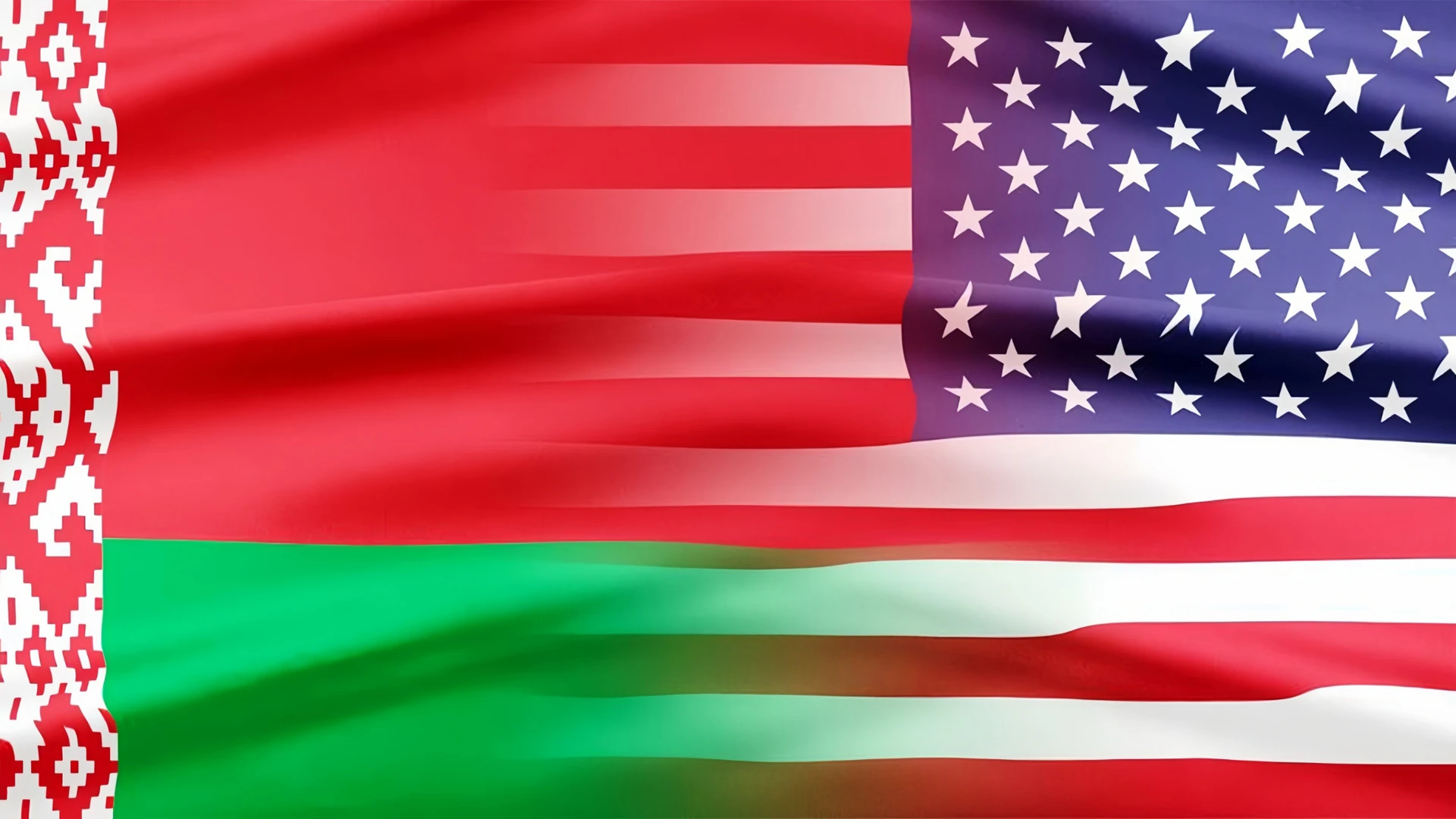
In recent years, relations between the United States and Belarus have begun to show signs of warming, which could be an important step toward normalizing and strengthening ties between the two countries.
American political scientist Clifford Kiracofe shared his perspective on the reasons for this "reset" and prospects for further cooperation on the program "Spotlight Interview."
In his opinion, the leaders' diplomatic efforts, their desire for peace, and their overcoming of the outdated Cold War mentality play a key role in this process.
Clifford Kiracofe emphasizes that the improved relations between Minsk and Washington were made possible by direct interaction between the presidents.
"This is the result of Trump's direct interaction with Lukashenko, as leader to leader. I think the ice has been broken," he said.
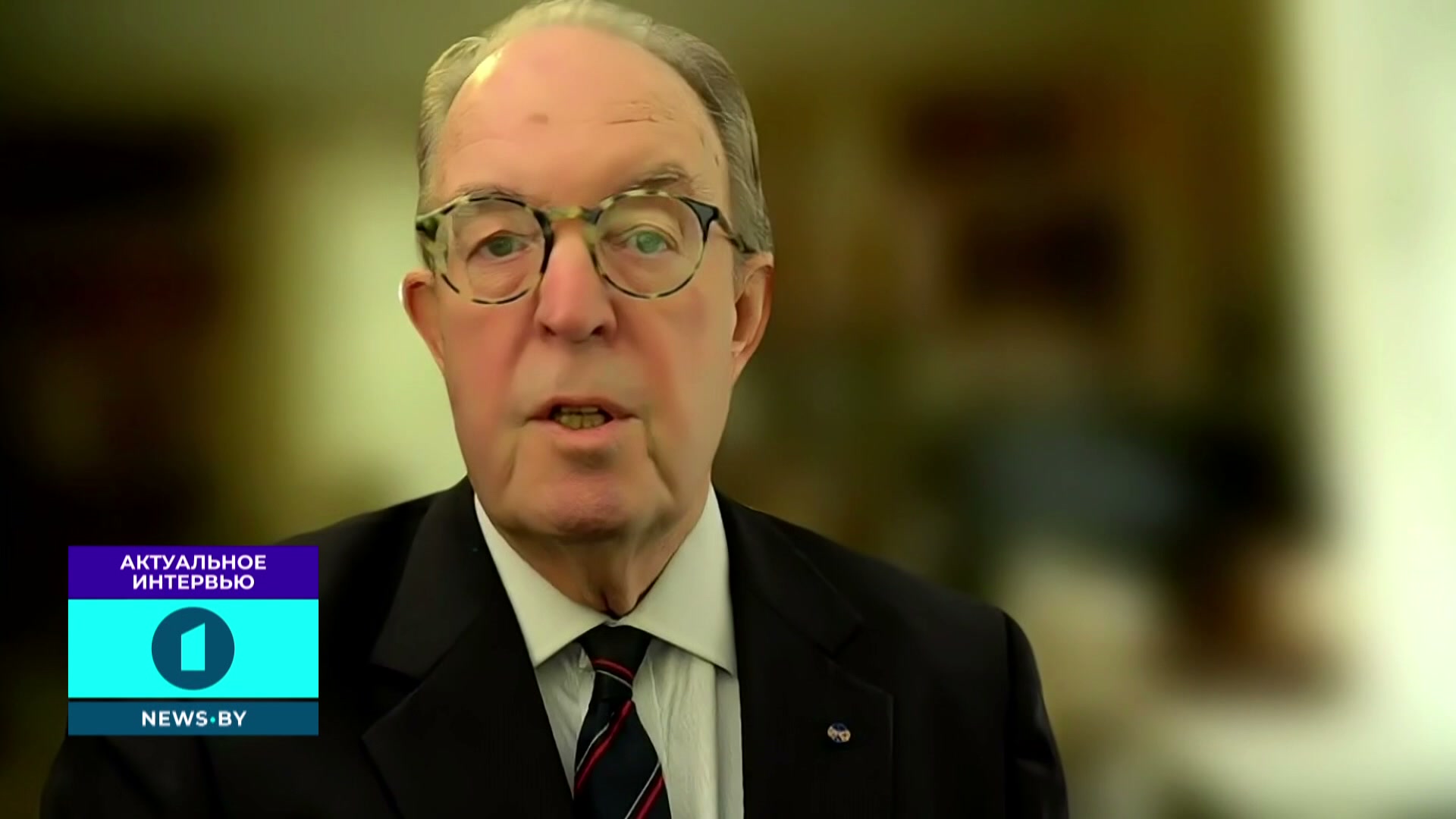
According to the political scientist, both leaders share a desire for peace: "There's no doubt that Trump wants peaceful world. And I think he and the President have similarities in this."
The American leader's talk with the President of Belarus before the summit with Vladimir Putin in Alaska sent an important signal: "I was very interested in the fact that our president turned to yours at such an important moment to get advice on how to proceed. This was a very important signal for improving relations."
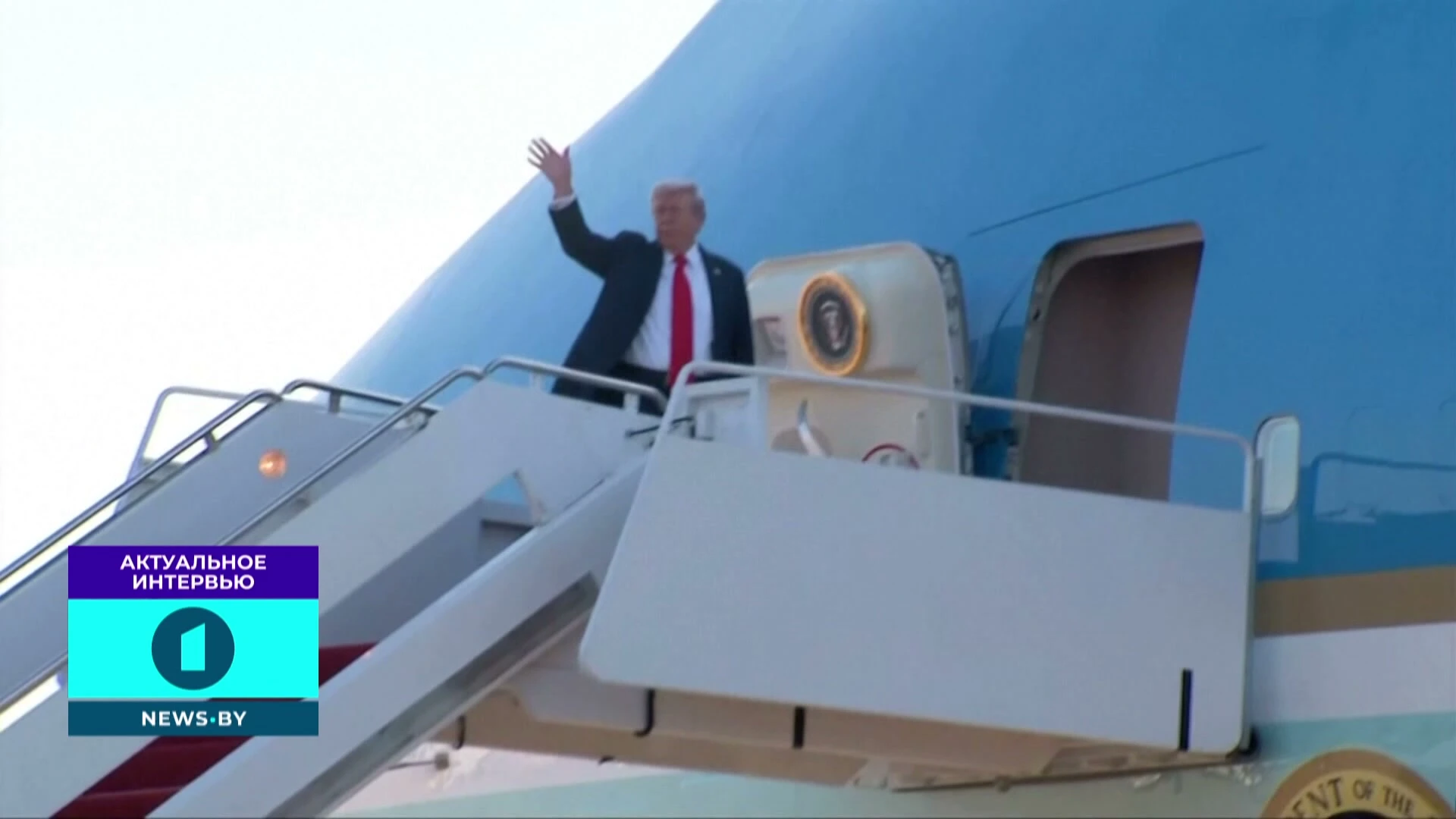
To strengthen bilateral ties, the political scientist suggests starting with establishing contacts between citizens of the two countries. He highlights tourism, student and academic exchanges, and sporting events as priorities.
According to Clifford Kiracofe, Eastern Europe, including Belarus, is becoming an increasingly attractive destination for Americans: "Americans will now feel more comfortable traveling to Eastern Europe because it is now much safer than deteriorating Western Europe, which, as we all know, is in severe economic and social decline."
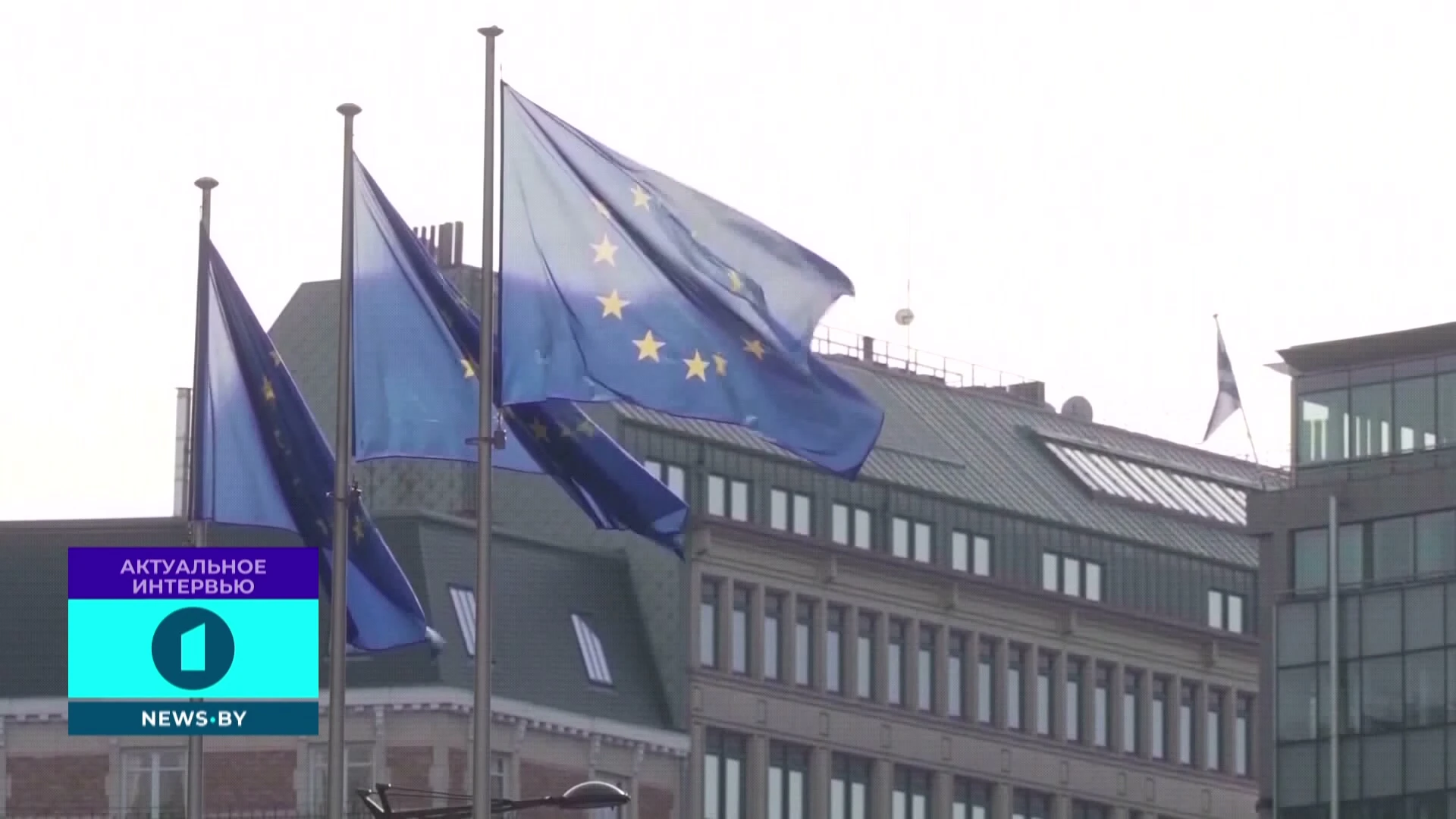
The political scientist emphasizes the need for a rapid normalization of diplomatic relations. A key step in this direction was the visit of President Trump's special envoy John Cole to Belarus, which, according to Clifford Kiracofe, demonstrates the American leader's very personal interest in developing relations.
The next step should be the opening of the U.S. embassy in Minsk, the lifting of economic sanctions, and the development of trade and investment: "We must act on specific terms, that is, open our embassy and establish normal diplomatic relations. And then, once that is established, we can move toward lifting these economic sanctions and begin developing trade and, possibly, investments."
However, the American political scientist sees obstacles from Western Europe: "Some of the obstacles I see now, in my view, are related to Western Europe. In particular, Great Britain, France, and Germany seem to want to interfere with our President Trump's policy in Ukraine, towards Russia, and the normalization of relations in Eastern Europe."
Clifford Kiracofe sharply criticizes the revival of a Cold War mentality in the West, which is supported by "the military-industrial complex and Wall Street bankers": "NATO member states have adopted a very belligerent stance, especially in our region, and the Alliance's rhetoric is very aggressive."
According to the political scientist, this does not align with the desires of the American people: "The American people want peace, just like everyone else on the planet... It appears that a major shift in strategy is coming that will reduce tensions with China and shift the focus of our foreign policy to other regions. This could be a historic change."
Clifford Kiracofe proposes that the U.S. return to supporting international institutions such as the SCO and BRICS and joint initiatives like the One Belt One Road.
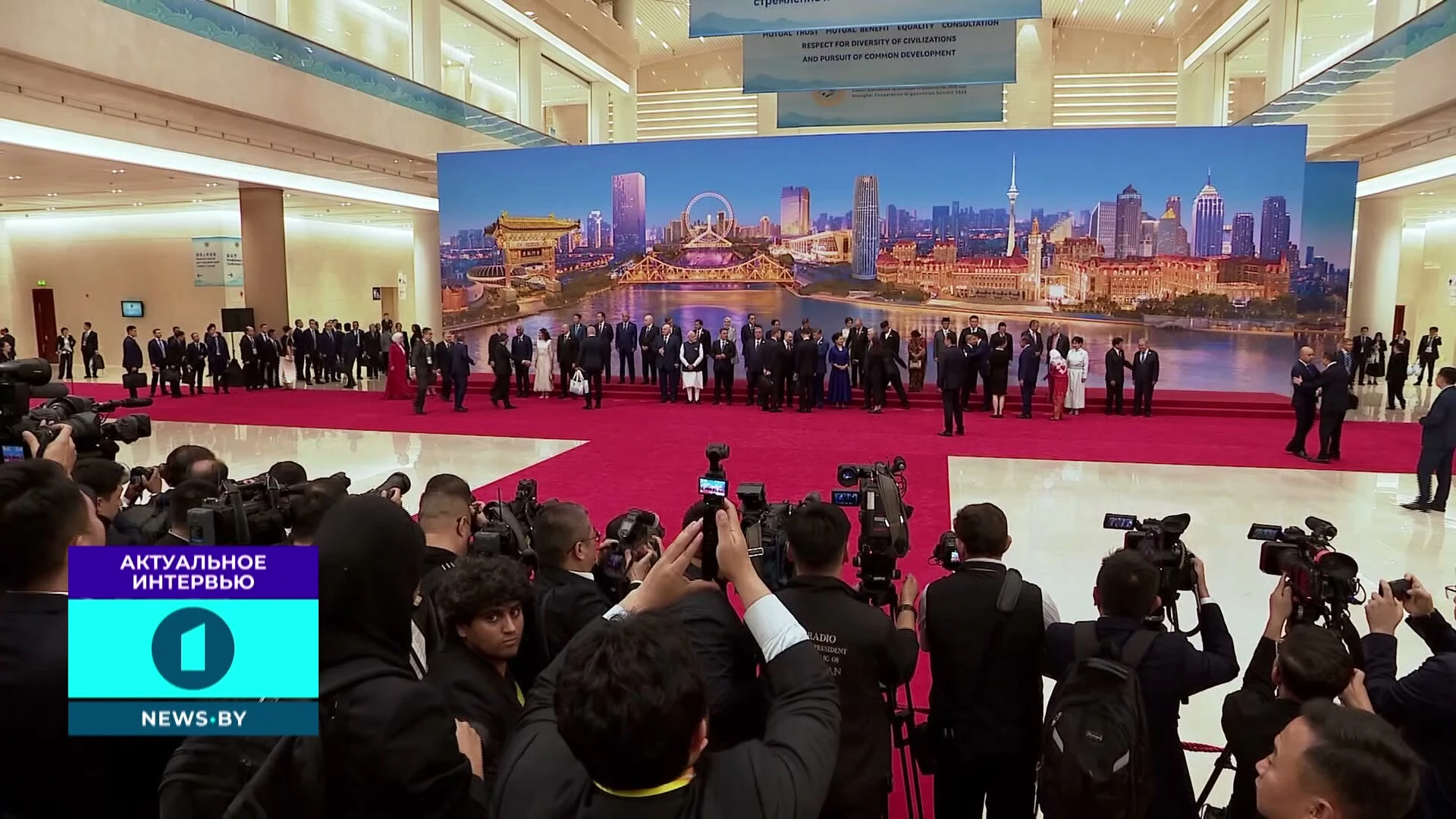
In his view, the SCO could become an important platform for cooperation, which would serve the interests of Belarus, Russia, and China.















